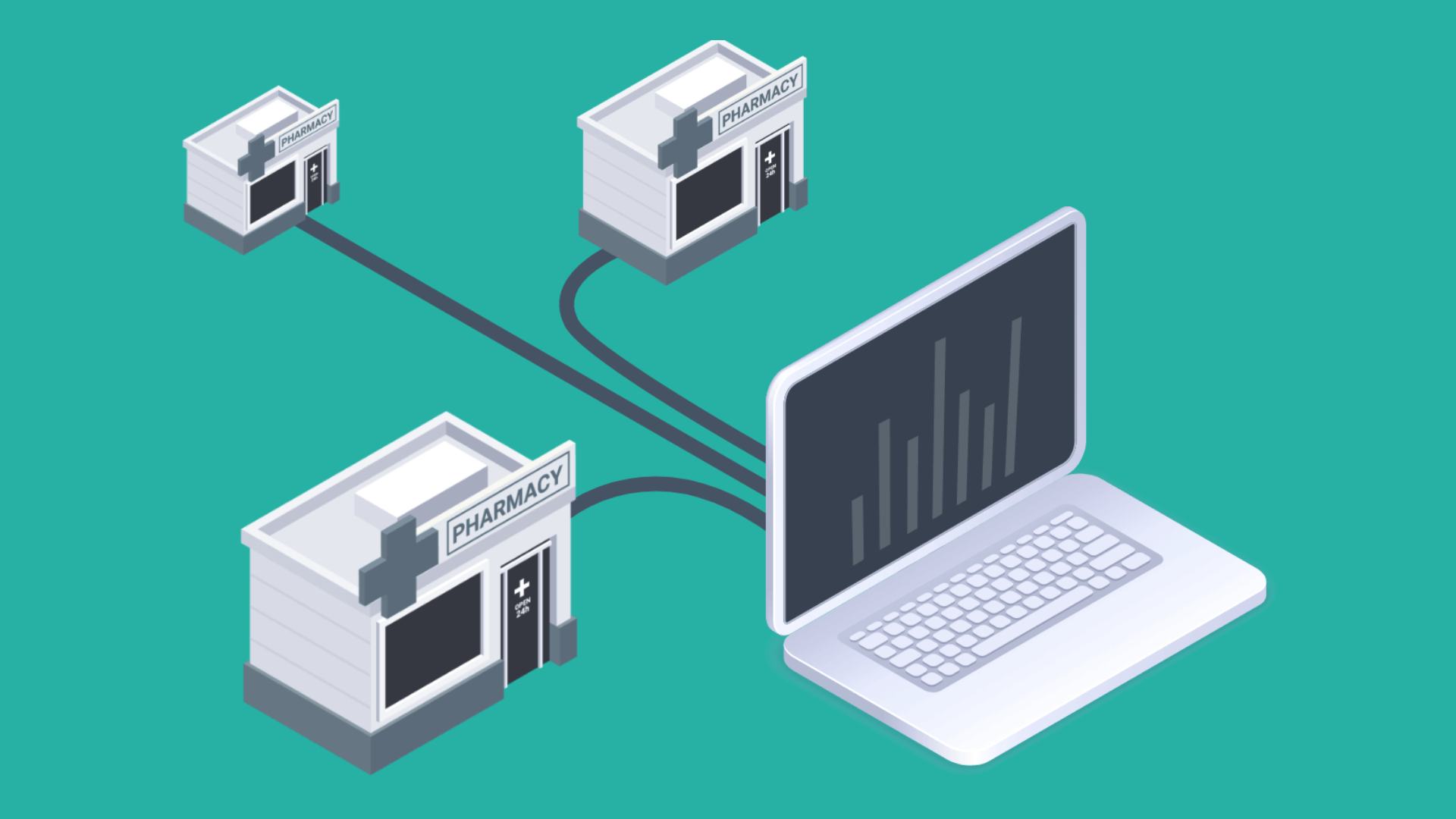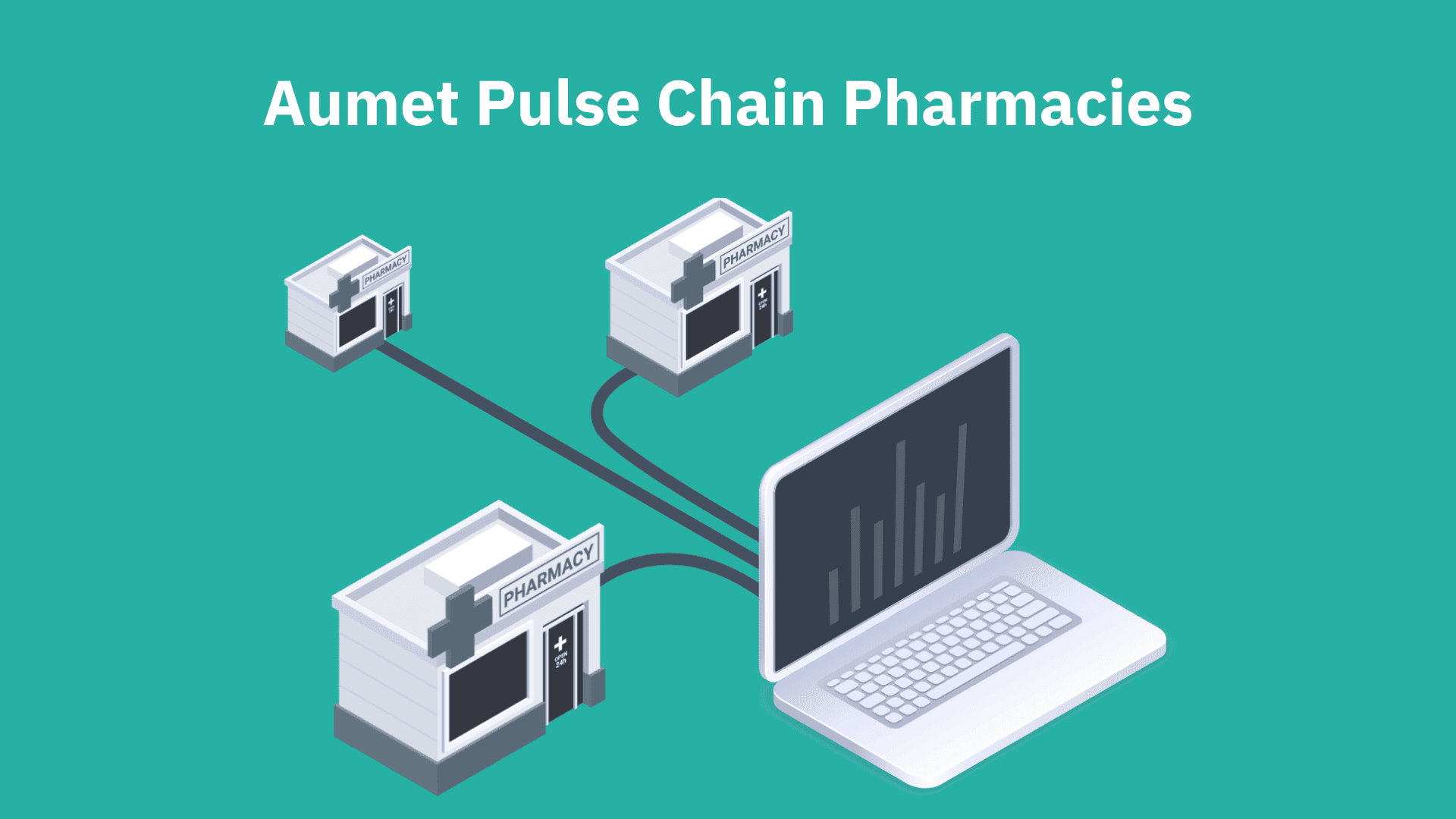In today’s fast-paced business environment, organizations need robust tools to manage their operations effectively and efficiently. One such tool that has revolutionized the way businesses operate is the ERP system. With its ability to integrate various functions and streamline processes, it has become an indispensable asset for modern enterprises.
In this article, we will explore the meaning of an ERP system, its benefits, implementation challenges, and its impact on businesses.
What is an ERP System?
An ERP system, short for Enterprise Resource Planning system, is a comprehensive software solution that integrates and manages key business processes across various departments within an organization. It serves as a centralized platform that facilitates real-time data sharing and collaboration, enabling seamless coordination between different functions such as finance, human resources, manufacturing, supply chain, and customer relationship management. identify the most suitable treatment approach. This is where drug indication comes into play. It refers to the approved or recommended use of a medication to treat a specific disease or condition. It serves as a guide for healthcare professionals, ensuring that patients receive appropriate and effective treatment.

ERP System Meaning: Bridging the Gap
ERP systems meaning can be understood by breaking down its components. “Enterprise” refers to an organization or a company, while “Resource Planning” emphasizes the management and optimization of resources to achieve organizational objectives. When combined, it becomes a powerful tool that allows businesses to streamline operations, improve efficiency, and gain a competitive edge.
Benefits of ERP Systems
Implementing ERP systems brings a wide range of benefits to organizations. Let’s take a closer look at some of the key advantages it offers:
- Streamlined Processes
ERP systems integrate various functions and departments, eliminating silos of information and enabling a seamless flow of data. This integration leads to streamlined processes, reducing manual efforts, and minimizing errors. Employees can access accurate and up-to-date information, enabling them to make informed decisions quickly.
- Improved Efficiency
By automating repetitive tasks and providing real-time visibility into business operations, the system will improve efficiency. It eliminates the need for manual data entry, reduces paperwork, and allows employees to focus on value-added activities. This increased efficiency translates into cost savings and enhanced productivity.
- Enhanced Collaboration
Collaboration is crucial for effective decision-making and problem-solving. The system will facilitate collaboration by providing a centralized platform where employees from different departments can access and share information. This promotes cross-functional teamwork and improves communication within the organization.
- Data-Driven Insights
One of the significant advantages of ERP systems is their ability to generate accurate and real-time reports and analytics. These insights help organizations make data-driven decisions, identify trends, and anticipate future demands. With access to meaningful data, businesses can proactively address challenges and seize opportunities.
- Scalability and Flexibility
As businesses grow, their requirements evolve. ERP systems offer scalability and flexibility to adapt to changing needs. It can accommodate additional users, support multiple locations, and integrate with third-party applications. This scalability ensures that the system will continue to meet the organization’s requirements as it expands.
Implementing an ERP System: Challenges and Considerations
While the benefits of ERP systems are compelling, implementing one can be a complex and challenging process. Here are some key factors to consider:
- Planning and Strategy
Before embarking on an ERP implementation, it is crucial to have a well-defined plan and strategy. This includes identifying the organization’s objectives, conducting a thorough analysis of existing processes, and defining key performance indicators (KPIs) for success.
- Change Management
Implementing ERP systems often involves significant changes in processes, roles, and responsibilities. Organizations need to invest in change management efforts to ensure a smooth transition. This includes effective communication, training programs, and addressing employee concerns.
- Data Migration and Integration
Migrating existing data from legacy systems to the new system can be challenging. Data cleansing and mapping are essential steps to ensure accurate data transfer. Additionally, integrating the system with other existing systems within the organization requires careful planning and testing to ensure seamless data flow.
- Customization and Configuration
Every organization has unique business processes and requirements. It is essential to evaluate the ERP system’s customization and configuration capabilities to align with the organization’s specific needs. This may involve modifying workflows, creating custom reports, or configuring modules to fit the organization’s processes.
- Vendor Selection
Choosing the right ERP vendor is crucial for a successful implementation. Organizations should evaluate vendors based on their industry expertise, track record, customer support, and the scalability of their solutions. Requesting demos, conducting reference checks, and analyzing vendor contracts are essential steps in the selection process.
- Training and Support
Proper training and ongoing support are vital to maximize the benefits of ERP systems. Organizations should provide comprehensive training to employees on how to use the system effectively. Additionally, ensuring access to dedicated support resources and establishing a feedback mechanism can help address any issues or concerns that arise during and after implementation.
FAQs About ERP Systems
- What industries can benefit from implementing an ERP system?
ERP systems benefit various industries, including pharmacies, by streamlining operations, improving inventory management, enhancing customer service, ensuring regulatory compliance, and providing valuable insights for decision-making. Aumet offers a specialized ERP system for pharmacies, tailored to their unique needs, encompassing inventory management, sales integration, patient management, regulatory compliance tools, and robust reporting capabilities. Implementing Aumet’s user-friendly and scalable ERP system optimizes pharmacy operations and improves overall efficiency.
- Can the system be customized to fit specific business needs?
Yes, most ERP systems offer customization options to tailor the software to match the unique requirements of the organization. This includes configuring workflows, adding custom fields, and creating personalized reports.
- How long does it take to implement an ERP system?
The duration of ERP implementation varies based on factors such as the organization’s size, complexity of processes, and customization requirements. It can take several months to a year or more to complete an ERP implementation, including planning, data migration, configuration, testing, and training.
- Is cloud-based ERP better than on-premises ERP?
Both cloud-based and on-premises ERP systems have their advantages. Cloud-based ERP offers scalability, accessibility, and reduced infrastructure costs. On the other hand, on-premises ERP provides more control over data and may be preferred by organizations with specific security or compliance requirements.
- What are the common challenges in ERP system implementation?
Some common challenges include resistance to change, inadequate training, data migration issues, lack of top management support, and poor vendor selection. Addressing these challenges through proper planning, change management, and selecting the right implementation partner can mitigate risks.
- How does an ERP system improve decision-making?
An ERP system provides real-time data and analytics, enabling organizations to make informed decisions based on accurate information. It offers customizable dashboards, reports, and key performance indicators (KPIs) that help management monitor performance, identify bottlenecks, and make data-driven decisions.
Leveraging the Power of ERP Systems for Growth and Success
In conclusion, an ERP system plays a pivotal role in modern businesses by integrating various functions, streamlining processes, and enhancing collaboration. Its benefits include streamlined operations, improved efficiency, enhanced data-driven insights, and scalability. However, implementing an ERP system requires careful planning, change management, and consideration of factors such as data migration, customization, vendor selection, and ongoing support. By overcoming these challenges, organizations can leverage the power of an ERP system to drive growth, innovation, and success in today’s competitive landscape.










